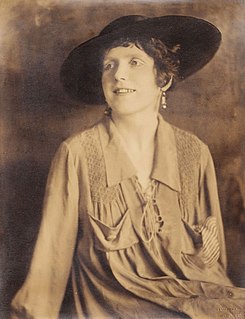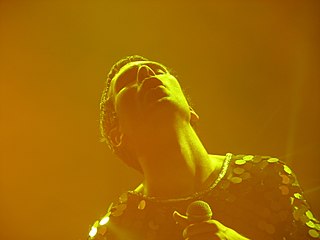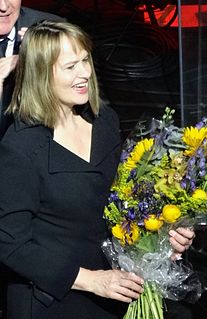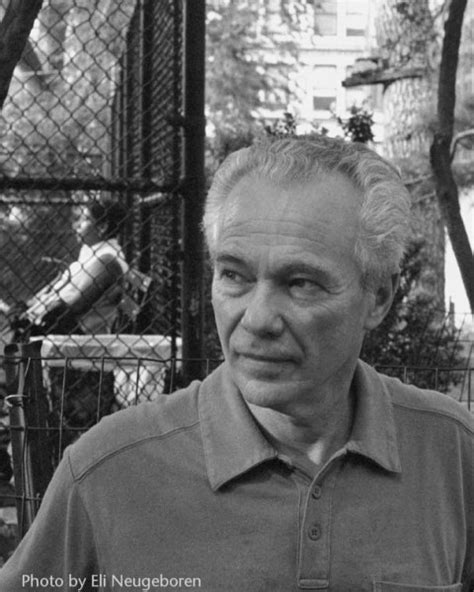A Quote by Helen Dunmore
Writing poetry makes you intensely conscious of how words sound, both aloud and inside the head of the reader. You learn the weight of words and how they sound to the ear.
Related Quotes
I cannot remember a time when I was not enraptured or tortured by words. Always there have been words which, sometimes for their sound alone, sometimes for their sound and sense, I would not use. From a loathing of their grossness or sickliness, their weight or want of weight. Their inexactitude, their feeling of acidity or insipidity. Their action, not only on the intelligence but on the nerves, was instant.
There's a difference between writing, the written word, and music. When you have the blank page it doesn't make a sound, which is like what happens to me every night when I'm playing. There is that crazy moment: the first mark you make on the page. But sound can inspire sound, in a way that words can't inspire words - at least for me. The nature of sound itself is still a huge mystery to me. I'm very happy about that.
It's definitely about the rhythm of the words and how they sound together, writing one sentence and then another and another and cutting something immediately if it doesn't feel true. I come from a family of musicians and - while I have no musical abilities of my own - I think I inherited a good ear.
I love the sound of words, the feel of them, the flow of them. I love the challenge of finding just that perfect combination of words to describe a curl of the lip, a tilt of the chin, a change in the atmosphere. Done well, novel-writing can combine lyricism with practicality in a way that makes one think of grand tapestries, both functional and beautiful. Fifty years from now, I imagine I’ll still be questing after just that right combination of words.
With a 660-page book, you don't read every sentence aloud. I am terrified for the poor guy doing the audio book. But I do because I think we hear them aloud even if it's not an audio book. The other goofy thing I do is I examine the shape of the words but not the words themselves. Then I ask myself, "Does it look like what it is?" If it's a sequence where I want to grab the reader and not let the reader go then it needs to look dense. But at times I want the reader to focus on a certain word or a certain image and pause there.
I don't have an audience in mind when I write. I'm writing mainly for myself. After a long devotion to playwriting I have a good inner ear. I know pretty well how a thing is going to sound on the stage, and how it will play. I write to satisfy this inner ear and its perceptions. That's the audience I write for.
I think that when you're writing plays, and I think it's also true with novels, it helps to have an ear for the music of language, for what we call poetry, for the sound effects and the way that the sound can produce sensual feeling at odds with or consonant with the content of the work. Your work is also gorgeous writing. It's very unfortunate when you open a novel that everybody's loving and it's just, you know, an excruciatingly bad sentence.







































